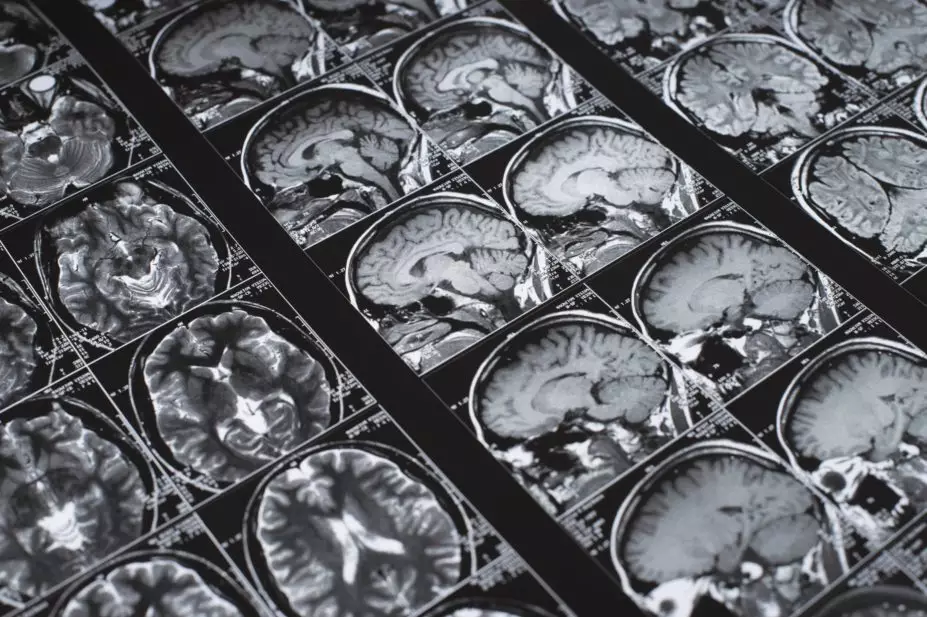
Shutterstock.com
Scientists have turned to crowdfunding to support an imaging study showing the effects of LSD on the brain, the first to be conducted in the UK.
The team has begun a psychedelic research programme with £100,000 of funding from The Beckley Foundation. However, the group needs a further £25,000, which they are attempting to raise through the crowdfunding website Walacea. The crowdfunding campaign will run for 45 days from 5 March 2015.
“Despite the incredible potential of this drug to further our understanding of the brain, political stigma has silenced research,” says David Nutt, the principal investigator and a professor of neuropsychopharmacology at Imperial College London. “We must not play politics with promising science that has so much potential for good.”
The researchers administered a 75μg IV dose of LSD to 20 subjects and used both functional MRI and magnetoencephalography (MEG) imaging to record the effects. fMRI records snapshots of activity taking place in the brain and MEG measures oscillating neuroactivity. The rest of the funding is needed to fully analyse the results.
Numerous studies were conducted on LSD in the 1950s and 1960s, but then the drug was made illegal. In the past 50 years, there have only been three studies undertaken due to the difficulty and costs of obtaining the necessary licences to conduct the research, and the struggle of finding funders willing to support it. None of these studies have been conducted in the UK.

Source: David Nutt
David Nutt, professor of neuropsychopharmacology at Imperial College London, thinks political stigma around LSD has limited research into its effects on the brain
Nutt was previously chair of the UK government’s Advisory Committee on the Misuse of Drugs, but was sacked in 2009 after advising the government not to toughen laws on cannabis by reclassifying it from C to B and recommending that ecstasy be downgraded from class A.
The research at Imperial College has previously focused on the effects of psilocybin, the active compound in magic mushrooms, on the human brain. The group previously carried out a similar imaging study of the brains of subjects who had taken IV psilocybin. Psilocybin was found to decrease the blood supply to the brain, particularly in what is known as the default mode network (DMN), a network in the brain responsible for coordinating and censoring the different areas in the brain involved in conscious awareness, and caused a “de-synchrony in the activity” of the brain. They predict similar but more powerful effects from LSD.
Robin Carhart-Harris, the lead investigator, explained that psychedelic drugs have an affinity for the serotonin 5-HT2A receptor. “The stickier the psychedelic drug is for the 2A receptor, the more potent it is, and LSD is incredibly sticky,” he said.
Previous research has shown that psilocybin can help people quit smoking and reduce anxiety about death in cancer patients, and LSD has been shown to have benefits for treating alcoholism.
In May 2015, the Imperial researchers plan to begin a study looking at the effects of psilocybin in depression.
References


